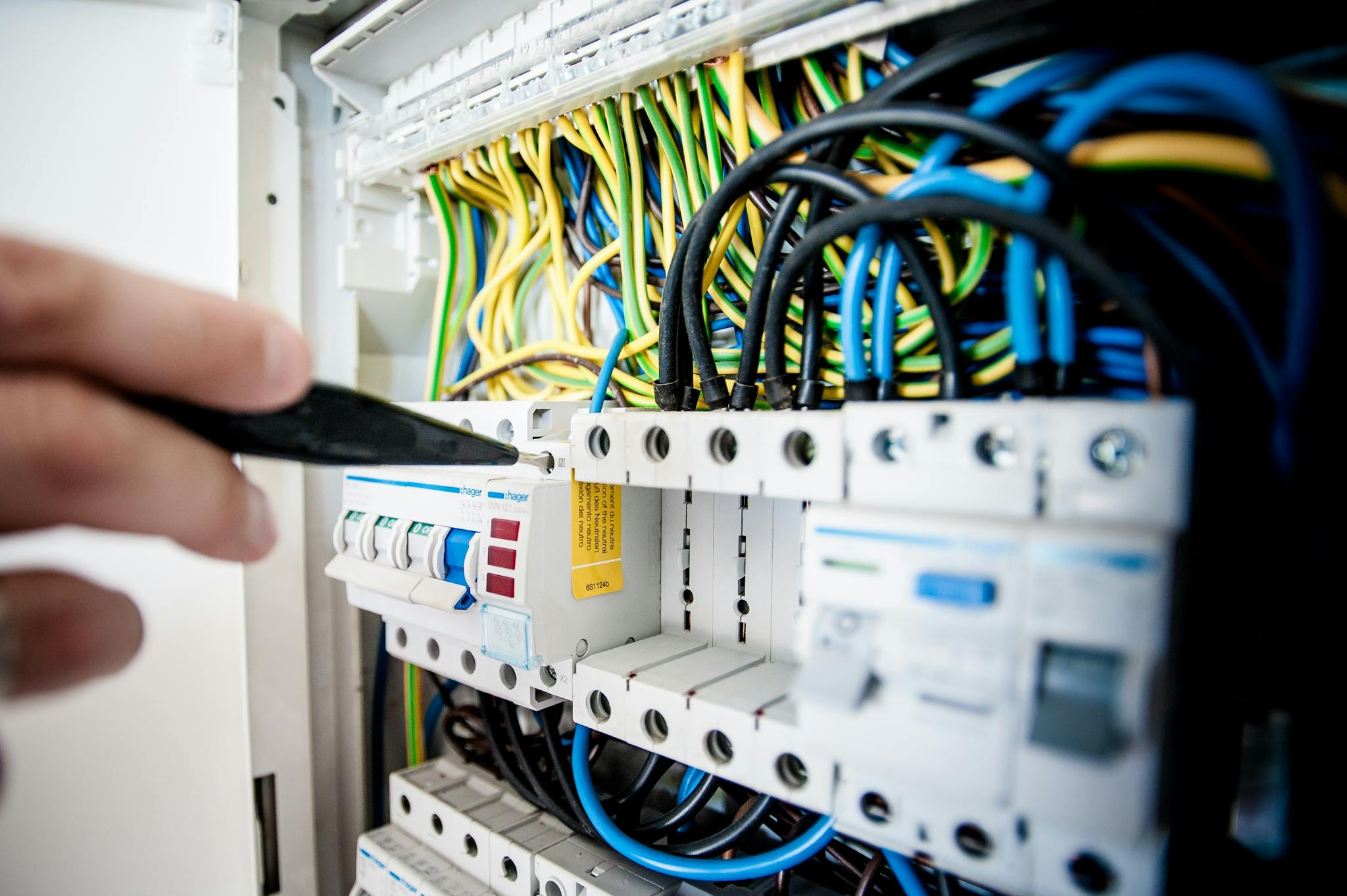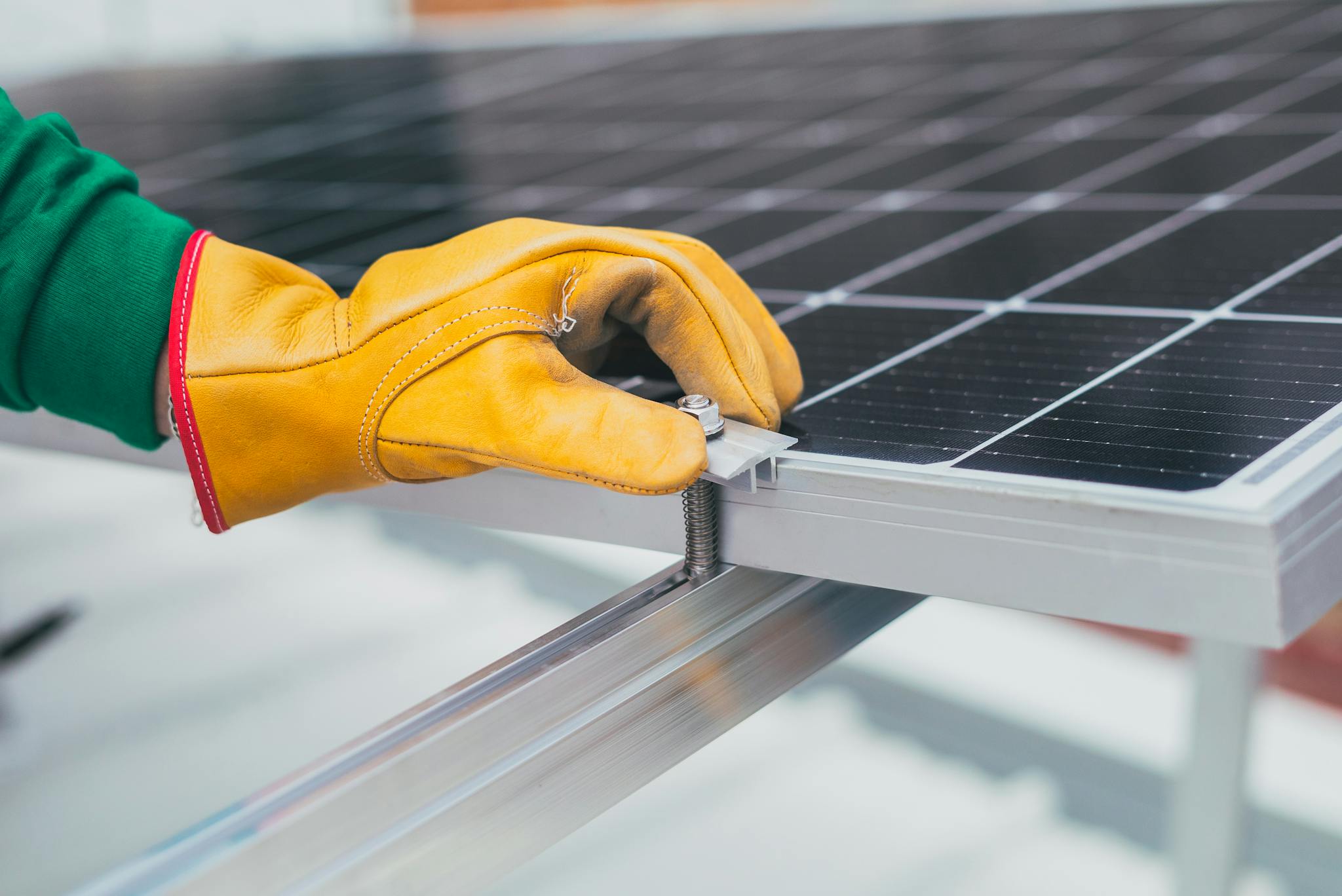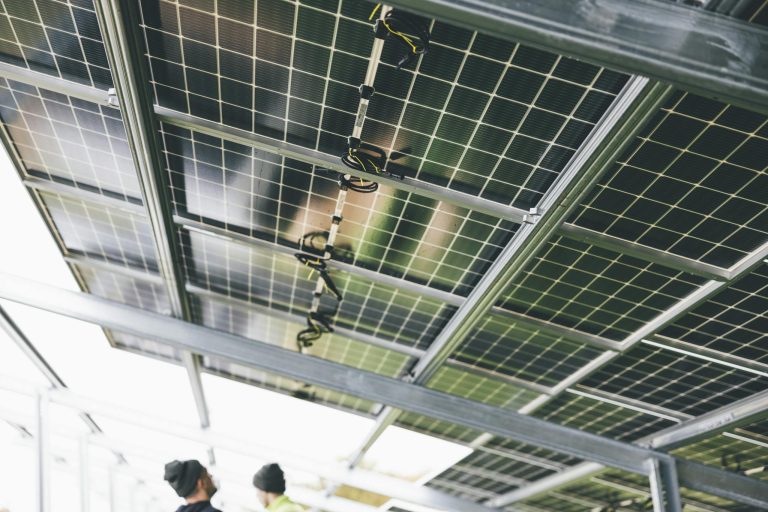The Importance of Registering Your Solar Installation with Local Authorities
As the world shifts towards renewable energy, solar power has become a popular choice for homeowners looking to reduce their carbon footprint and save on energy costs. However, one crucial step that many people overlook is the registration of their solar installation with local authorities. Here’s why this step is not just a formality, but an essential part of the solar installation process.
1. Compliance with Local Regulations
- Safety Standards: Registering your solar installation ensures that it complies with local safety standards and building codes. This reduces the risk of accidents and ensures that your system operates safely.
- Insurance Coverage: Many insurance companies require proof of registration to cover any potential claims related to your solar system. Without it, you might find your claims rejected in case of damage or malfunction.
- Certificate of Compliance: This should be issued regardless of whether or not your system is registered with your local authorities.
2. Grid Connection and Safety
- Grid Stability: For grid-connected systems, registration is vital to maintain the stability of the electrical grid. It helps prevent issues like overloading and ensures that your system can safely export energy back to the grid when needed.
- Anti-Islanding Protection: Registered systems are required to have anti-islanding functions, which prevent the solar system from feeding power into the grid during outages, protecting utility workers and equipment.
3. Incentives and Rebates
- Access to Financial Incentives: Many local governments and utility companies offer financial incentives for registered solar installations. This can include tax credits, rebates, or grants that can significantly reduce the overall cost of your solar system.
- Increased Property Value: A registered solar installation can enhance your property’s value. Potential buyers often look for homes with compliant and registered solar systems, knowing they are safer and more reliable.
4. Environmental Impact
- Sustainable Practices: Registering your solar installation contributes to a more organized and sustainable approach to energy production in your community. It helps local authorities track renewable energy generation and plan for future energy needs.
This article provides some interesting reading. https://dailyinvestor.com/energy/77088/eskoms-nasty-surprise-for-solar-users/?source=newsletter
Conclusion
Registering your solar installation with local authorities is a critical step that should not be overlooked. It ensures compliance with safety standards, protects your investment, and can even provide financial benefits. By taking this important step, you not only safeguard your home but also contribute to a greener future.
If you have any questions about the registration process or need guidance on how to get started, feel free to ask! 🌞



